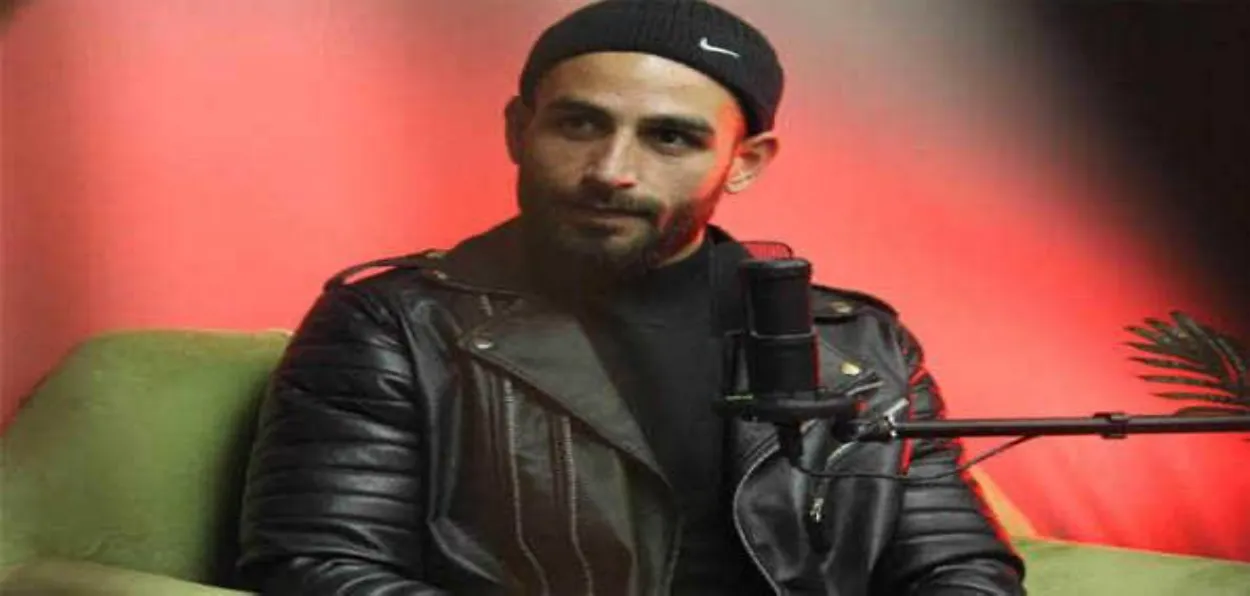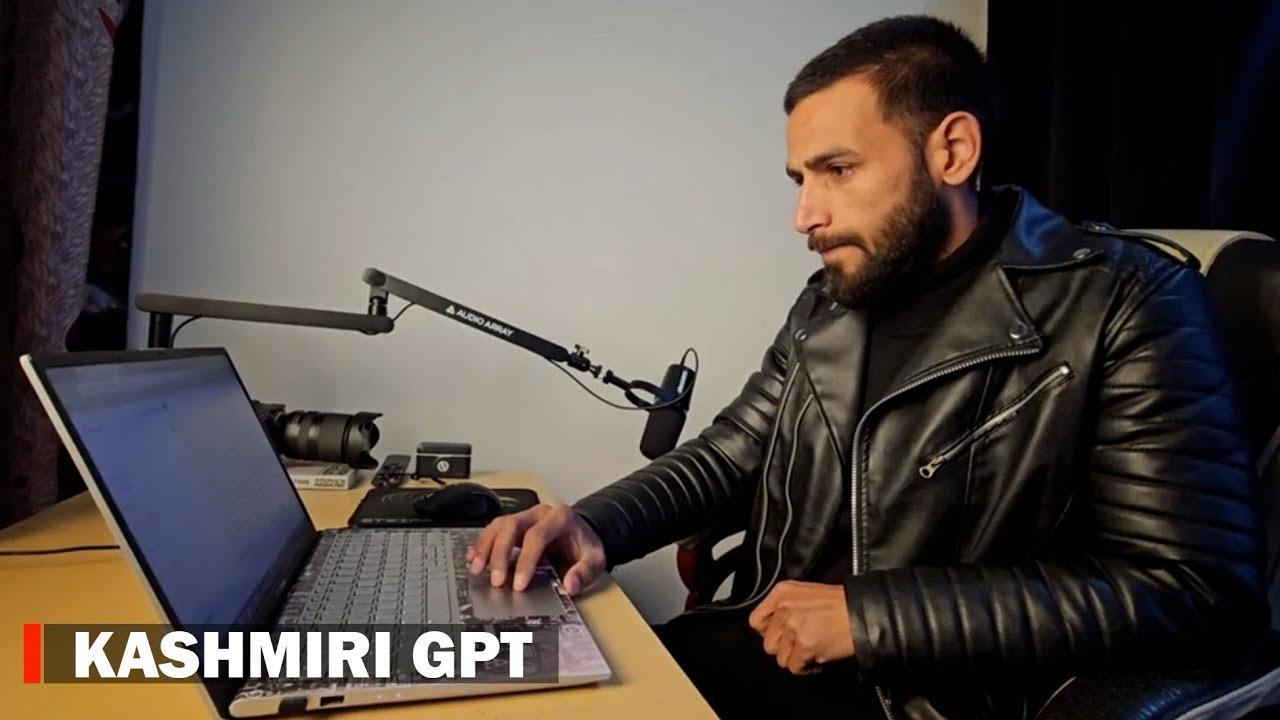
Shujaat Ali Quadri/New Delhi
A computer science graduate, Saqlain Yousuf, from Naina village in the Pulwama district of South Kashmir, has made an extraordinary contribution towards preserving the Kashmiri language through technology.
Yousuf, who completed his degree in 2023, has developed "KashmiriGPT," the first AI-powered Kashmiri language assistant. This innovative tool bridges the gap between Kashmiri, an endangered language, and modern Artificial Intelligence (AI), offering a platform where users can interact with AI in their native tongue.
Yousuf’s journey into AI and language preservation began with a deep concern for the future of the Kashmiri language. He noted that while major Indian languages, such as Hindi, Tamil, and Bengali, are represented in tools like ChatGPT, the Kashmiri language was glaringly absent.
"All major languages of the country are available on ChatGPT, except Kashmiri. This realization pushed me to take action," Yousuf explained. This sense of urgency led him to dedicate several months to developing KashmiriGPT which could not only bridge the technological gap but also preserve the cultural heritage embedded in the Kashmiri language.
 Saqlain Yousuf
Saqlain Yousuf
Yousuf devoted over five months to coding, testing, and refining the platform. The result is a highly specialized AI model that goes beyond mere translation. "KashmiriGPT is more than just a translation tool. It provides insights into Kashmir’s ancient history, culture, and traditions, all while helping users learn the Kashmiri language,” Yousuf said.
This makes the platform unique, as it merges cultural education with technology. Through the tool, users can explore the history of Kashmir's 5,000 years of history.
The primary goal of KashmiriGPT is to ensure that Kashmiri culture is preserved. Yousuf believes that KashmiriGPT could serve as a bridge between generations, especially when many young Kashmiris are less familiar with their native language.
"We are witnessing a decline in the number of native speakers of Kashmiri," he said. "This is a crucial issue because, with fewer speakers, the language faces the threat of being forgotten." Yousuf hopes that the KashmiriGPT will spark interest among younger Kashmiris, encouraging them to engage with the language and its rich history.
Despite the challenges, the response to KashmiriGPT has been overwhelmingly positive. In the initial stages, the platform saw remarkable user engagement, with over 4,000 people signing up within three days of its launch. "The response has been far beyond our expectations," Yousuf said.
The early success of KashmiriGPT points to a genuine interest in preserving the Kashmiri language, and people are eager to engage with a tool that can help them learn and interact with their cultural heritage.

Saqlain Yousuf
However, Yousuf acknowledges that KashmiriGPT is in its beta-testing phase and requires further development. He is focused on refining the platform’s capabilities and adding new features, such as voice interaction.
"We are currently gathering feedback from users to improve the tool. As we continue to develop it, we hope to integrate voice recognition and other advanced features to make it more accessible and user-friendly," Yousuf explained. Voice features would be a major step in enhancing the platform’s functionality, making it easier for people to practice speaking Kashmiri and further immersing themselves in the language.
As Yousuf also has a clear vision for its future. He hopes to build a fully customized AI model that offers an in-depth exploration of Kashmiri history, culture, and traditions. Kashmir has a unique cultural heritage, and Yousuf is determined to document and share it with the world.
"Kashmir has a history spanning over 5,000 years, and no other place in India matches its rich heritage. This needs to be documented and shared," he emphasized. By developing KashmiriGPT into a comprehensive cultural resource, Yousuf aims to ensure that the history and traditions of Kashmir are not lost to time.
The academic and linguistic communities have also recognized Yousuf’s efforts as a pioneering initiative in language preservation. Asif Shafi, a student of Kashmiri language and literature, praised the project for its potential to aid students and researchers in their work. "This tool will be of immense value for the study of the Kashmiri language and culture. It can serve as a valuable resource for both academic purposes and personal learning," Shafi said. The use of AI to preserve and promote a regional language like Kashmiri is a groundbreaking effort that has been lauded by experts in the field.
At the heart of Yousuf’s work is a deep passion for cultural preservation. "Every day, we lose more native speakers," he said, reflecting on the urgent need to take action. "But maybe, just maybe, we can use tomorrow’s technology to preserve yesterday’s voice." Yousuf’s commitment to preserving the Kashmiri language and culture through AI technology is a testament to the power of innovation in safeguarding traditions for future generations.
ALSO READ: Javed Dar's effort to clean village stream triggers Valley-wide campaign
Despite the challenges, including the need for funding and a dedicated team to enhance KashmiriGPT’s capabilities, Yousuf is hopeful. With continued support and development, KashmiriGPT could become a vital tool in the global effort to preserve regional languages and cultures in the digital age. In the future, Yousuf envisions a platform that not only aids in language learning but also serves as a cultural hub for the people of Kashmir and beyond.
